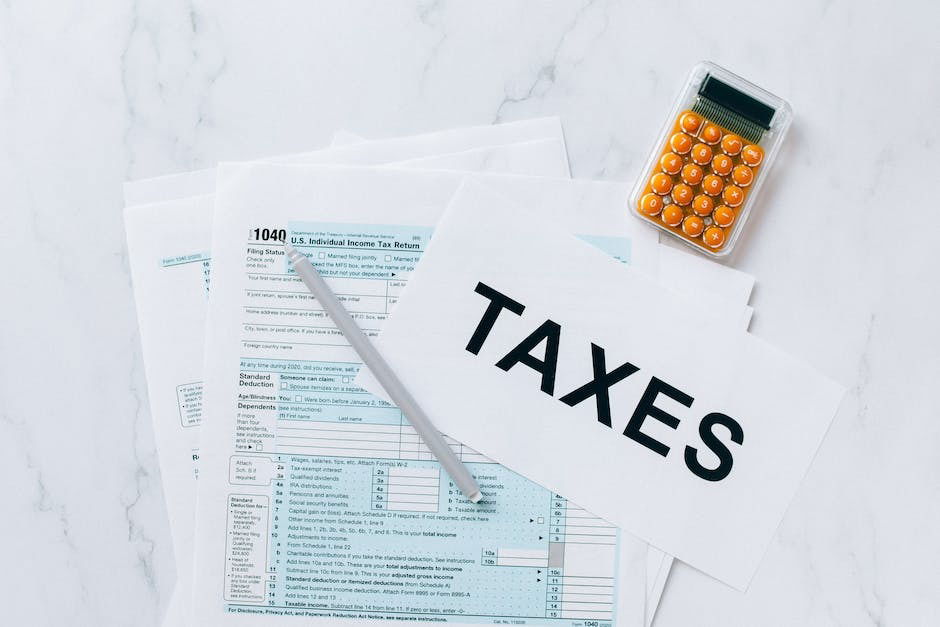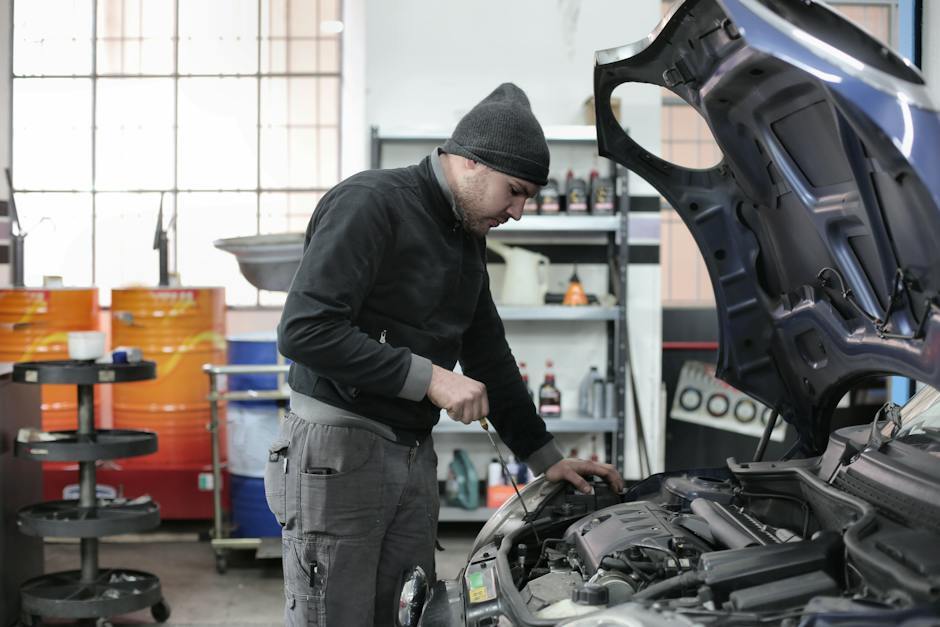Before buying a new car, follow the instructions

buying a new car
Investing in a new car can seem daunting.
There is no doubt that purchasing a new vehicle is a significant financial undertaking, and therefore it's essential to be well-informed about the process from the beginning to the end.
This will guide you to making the most informed decision, save on cost, and ensure you secure just the car you need.
We'll explore topics including understanding car financing options such as loans, leases, or even paying in cash, alongside their pros and cons.
Moreover, we'll delve into assessing the vehicle's condition and history, helping you evaluate the car's mechanical condition, service record, and history report to ensure you do not buy a car with hidden problems or past accidents.
Lastly, it’s not enough to find the perfect car, you need to know how to negotiate and close the deal.

Understanding Car Financing
In the bustling world of automotives, there's no shortage of ways to finance your next car.
Like any savvy entrepreneur, it pays off to understand the system, use it to your advantage, and get your hands on the best deal possible.
So, let's break down the advantages of various car financing options.
First off, let's talk about what's often most familiar – a direct loan.
You borrow funds from a bank, credit union, or online lender, and solely hold the keys to repayment accountability.
Direct loans give you buying power as a cash buyer and also help build your credit score.
Plus, they offer fixed rates and terms. Hence, you can leverage your creditworthiness and secure a great finance rate.
Next on the docket – dealership finance.
It's an attractive option for those drawn by the convenience of one-stop shopping.
In dealership financing, you can typically avail lucrative incentives like cash-back rebates or lower interest rates - a perfect recipe to minimize the total borrowing cost.
Then we have leasing - the 'non-ownership' option. Leasing forgoes the traditional route of owning a car to simply using it for a set period.
This is a brilliant option if you love sporting the latest model every few years or if you're aiming for a high-end car at a lower monthly payment.
Leasing also eliminates the worry of depreciation as you never own the car outright.
For business owners, business contract hire or business car leasing is a smart choice.
It's like regular leasing, but a vat-registered business can reclaim 50% of the vat on the finance and 100% on the maintenance payments.
Plus, it also lifts the company vehicle tax, making it a cost-effective option.
Last of all, there's personal contract hire, a perfect blend of leasing and buying.
This option is excellent for those who want to keep their options open without being committed to a full purchase.
This contract also usually includes service, maintenance, and breakdown cover, reducing running costs.
Remember, there's no one-size-fits-all answer when it comes to car financing.
Your choice depends on your financial standing, credit score, personal preferences, business needs, and lifestyle.
So, just like a savvy entrepreneur, keep your eyes open, stay informed, and leverage the best option that drives you towards your goal.
The automotive industry is not about just selling cars, but also offering an array of financial products to support the sale – a clear reflection of entrepreneurial astuteness! Make the most of it and power your way to profitable vehicle financing.
And always remember, the best deal is the one that perfectly suits your needs.

Assessing Vehicle Condition and History
Securing financing for an automobile purchase is an essential step, but it's only part of the equation. Ensuring that the car you're about to buy is in top-notch condition with a clean history is equally important.
This task might seem formidable, especially for first-time buyers.
However, with the right tools and a systematic approach, this hurdle can be surmounted effortlessly.
Firstly,
conducting a thorough visual inspection is key. Start with the vehicle exterior - check for scratches, dents, and signs of rust.
An uneven paint job can be indicative of a past accident, hinting at potential structural compromises.
Inspect the tires for wear and tear – uneven tire wear can be a sign of alignment problems.
The car interior is as important – checking for a worn steering wheel or pedals can give you insight into how much the car has genuinely been used.
Lift the hood and inspect the engine compartment. While you may not be an auto mechanic, visually checking the engine for leaks, cracked hoses, or belts can save you from potential repairs down the line.
Remember, a clean engine isn't necessarily a good sign - it might have been detailed to hide underlying issues.
Next, consider taking the car out for a test drive.
This gives you a feel of its performance and comfort.
Watch out for unusual noises, vibration, or difficulties in handling.
Pay keen attention to how the vehicle accelerates and brakes.
A test drive can highlight issues that might be overlooked in a solely visual inspection.
In addition to a personal inspection, enlisting a trustworthy mechanic for a pre-purchase inspection is advisable.
A professional assessment can reveal hidden problems and help you avoid a costly mistake.
This step might have an associated cost, but it can save you from buying a lemon, providing peace of mind in your decision.
A vehicle history report ramps up the assurance on the car's past, offering crucial information such as previous owners, accidents, title problems, and service history.
Services like AutoCheck or CarFax can equip you with these reports. Coupled with the automobile's current condition, this report might also help negotiate a better price at dealerships.Moreover, have a conversation with the current owner or dealership.
Ask why they're selling the car and inquire about its service history.
Often, these conversations can reveal essential details.
Lastly, understanding the fair market value of the car is crucial. Online tools like Kelley Blue Book can assist you in determining a fair price range.
Finding an excellent deal doesn't always mean the cheapest price but the best value taking into account the car's condition, mileage, and history.
In conclusion, ensuring the car you're buying is in good condition with a clear history isn't rocket science. Visibility, vigilance, and veracity are the key principles.
The process might be time-consuming, but the knowledge that you're driving away a car worth your investment is certainly rewarding.

Negotiating and Closing the Deal
Moving forward with negotiations and finalizing the car deal might seem intimidating, but equipped with the right strategies, you hold the key to unlocking a successful transaction.
Capitalizing on your awareness of financing options, your meticulous preliminary inspection, and your knowledge of the vehicle's value, let's dive into the techniques required to take firm control of this process and secure the best possible deal.
Perfect Your Timing: Purchasing a car doesn’t happen in an instant, and it’s crucial to choose your timing wisely. Following patterns in the car industry can help maximize your savings. Dealerships often offer discounts at the end of the model year, fiscal quarter, or month to clear inventory and meet sales targets.
Game of Silence: Remember, knowledge speaks, but wisdom listens. In negotiations, the power of silence cannot be underestimated. Present your offer and wait for the seller's response, the silence can compel them to make concessions or reveal useful information about the car or their own position.
Power of Competition: Before settling into negotiations with a single dealer, test the waters at different dealerships. Gathering various quotes will give you an idea of the market variability and additionally serve as an leverage while bargaining the price.
Cash Conversion: Dealers often prefer cash buyers because it eliminates the hassle of dealing with financing or the potential of a buyer’s loan falling through. If you’re a cash buyer, use this as a negotiating tool for a better price.
Exploit Dealership Incentives: Dealerships often have marketing incentives that can significantly reduce the price of a car – ranging from cash rebates, low-interest financing, to dealer cash incentives which are offered to dealers to move specific models or older inventory.
Legal Eagles: Negotiating the price is one thing, understanding your rights and the legal aspects of the deal is another. Ensure the contract is comprehensive and includes specifics such as limiting dealer's right to demand return of the vehicle except certain situations.
Always be Willing to Walk Away: The most empowered customer is one who can walk away. If the negotiation does not seem to favor you, don’t hesitate to walk away. Dealerships want to close sales and might soon be contacting you with a better offer.
To spare yourself the potential heartache and financial pain, it's important to remember negotiation is part of the process.
Car buying is not just about getting from Point A to Point B; it’s a financial transaction that requires foresight, research, and action.
Use these tactics wisely, and you'll drive away not only with a shiny new vehicle, but also the satisfaction of a smart, successful deal.
Most importantly, you’ll own the knowledge that you didn't merely survive the car buying process, you mastered it.

Buying a new car can seem complex, but with the appropriate knowledge and planning, you can make the process seamless and avoid potential pitfalls.
By understanding how to finance your new vehicle, assessing its condition and history carefully, and mastering the art of negotiation, you can have the best chance of securing the best deal on the market.
Not only does this provide peace of mind, but it ensures that your new vehicle is a value-for-money investment, giving you reliable service for the many journeys ahead.
Armed with these insights, you are now ready to embark on the journey of purchasing a new car, confident and informed on every front.
THANKS
BY
Nader
Comments